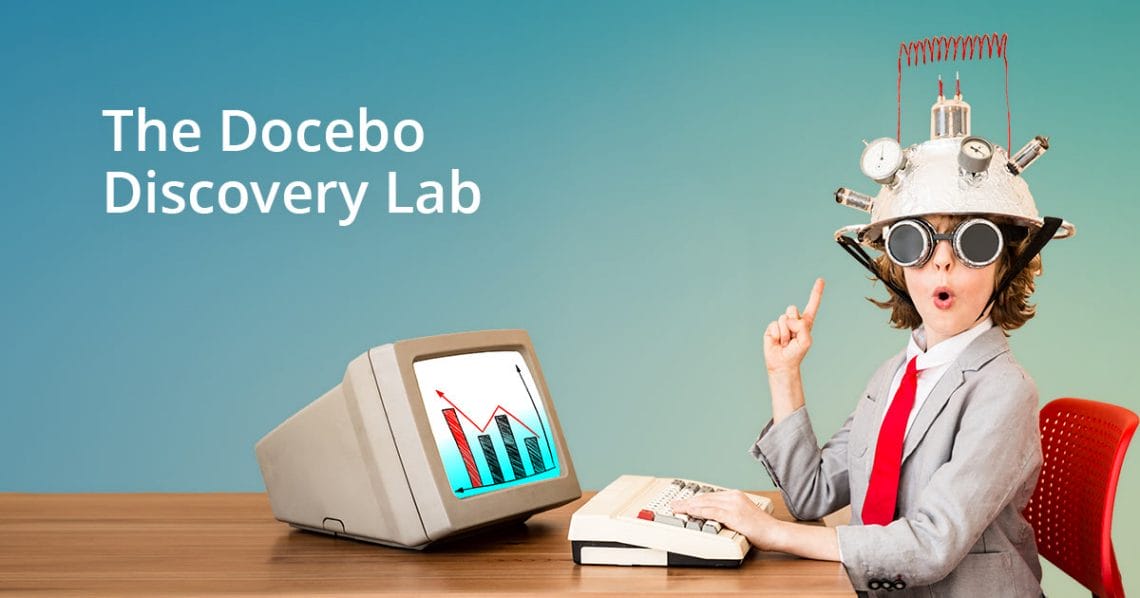
How continuous learning is shaping our solutions.
Embracing Agile Methodologies is one of the many exciting things helping spur Docebo’s exponential growth, but to understand how we use these today, we must first explore what happened in the past.
During the 90s, software development experienced an explosion in popularity across industries. There was an increased demand to leverage software solutions and increased production, creating increased headaches for developers.
The growing complexity of software projects signaled a need for simpler development models in order to succeed. This new way had to be centered around concepts that required less bureaucracy and more collaboration than mainstream models of the time.
Inspired by Lean Manufacturing and the Toyota Production System, early pioneers of what would become known as Agile Methodologies began adopting working processes considered astonishing and counter-intuitive.
Their focus shifted from considering software development as a set of purely engineering and deterministic “heavyweight” practices (better suited to mass production), to considering it as a set of predominantly “lightweight” practices more suitable for the development of complex and varied products, such as software.
Emphasis was placed on people collaboration, the effective exchange of information, learning, and an inclination for continuous change.
The Manifesto for Agile Software Development
In 2001, these pioneers pooled the common traits of the methodologies they had experimented with in previous years, giving rise to the Manifesto for Agile Software Development, a document that would go down in history, setting the new principles of software development.
In developing a piece of software, which is complex, creative, and original, it’s paramount to gather feedback from end users, both frequently and early, during the development phases. This helps to steer the route when it’s cheaper thereby providing the customer with the greatest possible value.
The collection and analysis of feedback and its synthesis in the product are, in fact, an implementation of the renowned Deming Cycle or PDCA (plan-do-check-act), a quick learning cycle.
PDCA: Plan-Do-Check-Act

“Software development is a learning process, working code is a side effect.” – Alberto Brandolini
Safe to Fail
Software development, when done right, is a practice in continuous experimentation and continuous learning. Failure is an integral part of the process, provided that errors are seen as opportunities for inspection and, therefore, an opportunity to learn.
This is how we approach development at Docebo and it aligns perfectly with our philosophy of enabling organizations to foster a culture of continuous learning through our modern learning platform.
Agile Methodologies stress the concept of continuous learning in a way that we could summarize with: it is no longer, “Sometimes you succeed, sometimes you fail”, but rather “sometimes you succeed, sometimes you learn”.
But certainly, in order to support people and teams on this path, it’s essential that companies embrace a “safe-to-fail” culture, where errors are seen as opportunities for learning and improvement, rather than demons to be fought and punished. Companies that refuse errors hinder creativity and innovation at the same time.
The Best Risk Management Strategy
The fear of making mistakes, and the inability to learn from mistakes, limits business opportunities for all companies. But at Docebo, we believe having the freedom to experiment enables us to identify and execute on new opportunities as they arise.
How do we do this?
Error management tools are an essential piece of the puzzle and have been implemented in the form of short iterations and frequent retrospectives. These strategies ultimately support an agile way of working where we adapt quickly and develop constantly-improving solutions.
“Fail fast and cheap, fail often, fail in a way that doesn’t kill you.” – Seth Godin
Innovation is at the heart of everything Docebo does. The Docebo Discovery Lab explores the technology (and the people) behind the projects guiding us into the next generation of learning technology.
Want to experience how an AI-powered learning platform enhances learning experiences and automates routine tasks?
